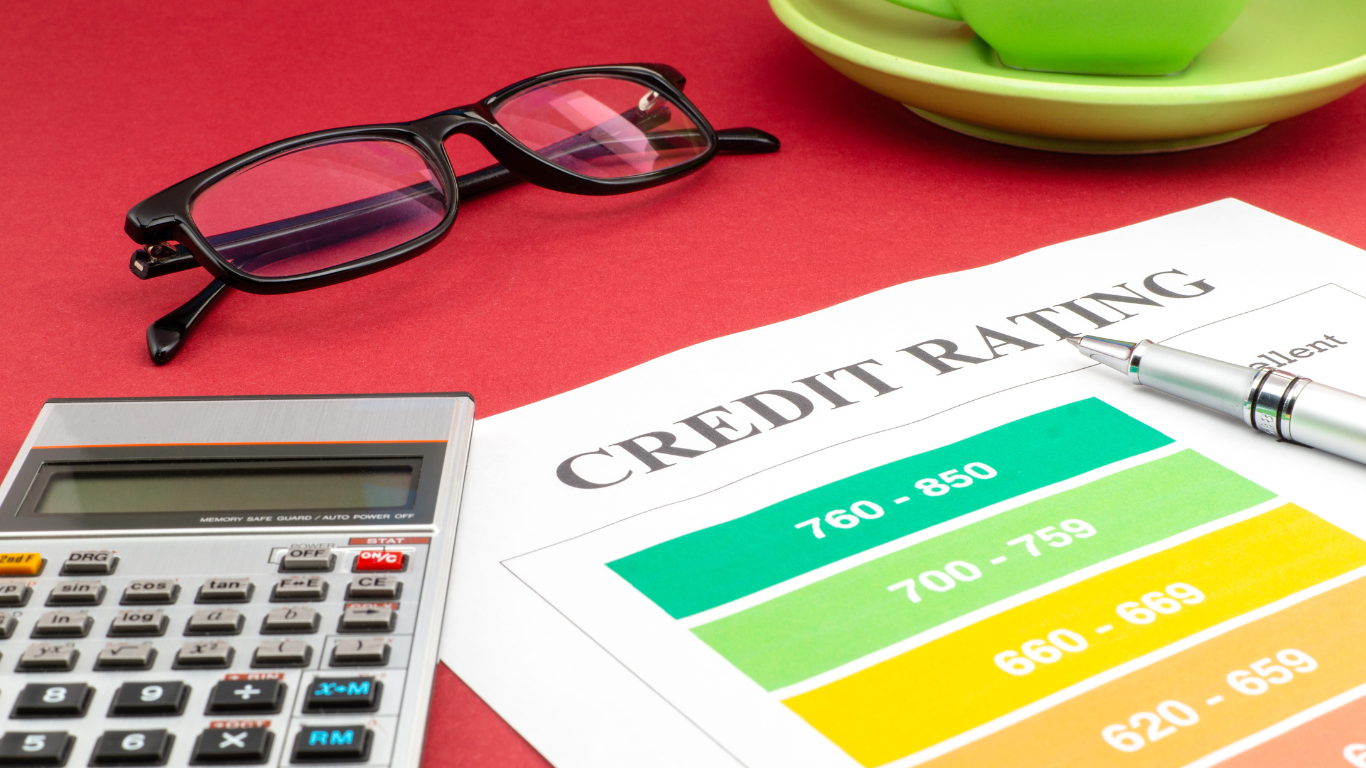When you’re struggling to manage multiple debts, especially with a bad credit score, the idea of simplifying your financial obligations through debt consolidation loans can be appealing. However, navigating the options, challenges, and nuances of securing a debt consolidation loan with bad credit requires thorough understanding and careful planning. In this comprehensive guide, we’ll delve into what debt consolidation loans are, how they can benefit those with bad credit, the application process, the types of loans available, and alternatives if you’re unable to qualify. By the end, you’ll be equipped with actionable insights to make informed decisions about debt consolidation.
What Are Debt Consolidation Loans?
Debt consolidation loans are financial products that allow you to combine multiple debts—such as credit cards, personal loans, medical bills, and other unsecured debts—into a single loan. The aim is to streamline repayment by consolidating several high-interest payments into one lower-interest payment.
For borrowers with bad credit (usually defined as a credit score under 630), debt consolidation loans can offer a manageable path to financial recovery. However, the key challenge lies in securing favorable loan terms due to the higher risk lenders associate with low credit scores.
Why Consider Debt Consolidation Loans if You Have Bad Credit?
- Simplified Payments: Instead of juggling multiple monthly payments with different interest rates, dates, and creditors, you’ll have one payment to manage. This helps reduce the chances of missed or late payments, which further impact your credit score.
- Potential for Lower Interest Rates: While interest rates on debt consolidation loans may still be high for those with bad credit, they can be significantly lower than the interest rates on credit cards or payday loans.
- Structured Repayment Timeline: Debt consolidation loans typically have fixed repayment terms, meaning you know exactly when you’ll be debt-free, as opposed to open-ended credit card payments.
- Credit Score Improvement: If you consistently make on-time payments, consolidating your debts can positively affect your credit score by reducing your credit utilization ratio and demonstrating responsible financial behavior.
How to Get a Debt Consolidation Loan with Bad Credit
1. Check and Improve Your Credit Report
Start by reviewing your credit report from all three major credit bureaus—Equifax, Experian, and TransUnion. Dispute any inaccuracies, such as incorrect credit limits, missed payments, or accounts you don’t recognize, as they can artificially lower your score.
Even a slight improvement in your credit score, from “poor” to “fair” (typically considered a range of 580 to 669), can help you secure better loan terms.
2. Explore Secured Loan Options
If your credit score is too low to qualify for an unsecured loan, consider opting for a secured debt consolidation loan. With secured loans, you provide collateral, such as a home or car, to back the loan. This lowers the lender’s risk and can result in lower interest rates. However, the risk is higher for you as a borrower, because if you default, the lender has the right to seize your collateral.
3. Add a Co-Signer
Having a trusted family member or friend co-sign your loan can dramatically improve your chances of approval. A co-signer essentially vouches for your ability to repay, and their good credit score can lead to better loan terms. However, remember that if you default, the co-signer is legally responsible for the loan.
4. Compare Multiple Lenders
While large national banks might not offer flexible terms for borrowers with bad credit, smaller community banks, credit unions, and online lenders may provide more lenient requirements. It’s essential to shop around and compare loan offers, interest rates, and fees.
Types of Debt Consolidation Loans for Bad Credit
There are several types of debt consolidation loans available, each with different terms, risks, and benefits. Here are the most common options:
1. Personal Loans
Personal loans are one of the most straightforward debt consolidation options. Many lenders, including banks, credit unions, and online platforms, offer personal loans designed for debt consolidation. These loans are usually unsecured, meaning you don’t need to put up collateral. However, for borrowers with bad credit, interest rates may be higher.
2. Home Equity Loans or HELOCs
If you’re a homeowner, you might consider taking out a home equity loan or home equity line of credit (HELOC). These loans allow you to borrow against the equity in your home, which can result in lower interest rates compared to unsecured loans. However, if you default on a home equity loan, you risk losing your home.
3. Balance Transfer Credit Cards
Some credit cards offer balance transfer options that allow you to consolidate your debt onto a single card, often with a 0% introductory APR for a set period. However, this option is typically only available to borrowers with fair to good credit. If you have bad credit, it might be challenging to qualify for a card with a high enough limit to cover all your debts.
4. Debt Management Plans (DMPs)
If traditional debt consolidation loans aren’t an option, a Debt Management Plan (DMP) is an alternative. This option involves working with a credit counseling agency to consolidate your payments and negotiate lower interest rates with creditors. While it’s not a loan, it helps simplify repayment and can lead to faster debt payoff.
Pros and Cons of Debt Consolidation Loans for Bad Credit
Pros:
- Simplified Debt Management: One monthly payment reduces the risk of missed payments and helps you stay organized.
- Fixed Terms: Many debt consolidation loans come with fixed interest rates and payment schedules, providing predictability.
- Potential Credit Score Boost: Consistently paying off a consolidation loan can improve your credit score over time.
Cons:
- High Interest Rates for Bad Credit: Borrowers with bad credit may still face relatively high interest rates, potentially offsetting the savings from consolidating debt.
- Fees and Charges: Debt consolidation loans often come with origination fees, late payment fees, and prepayment penalties. Be sure to read the fine print before signing up.
- Risk of Losing Assets: If you take out a secured loan, defaulting could result in losing your collateral, such as your home or car.
Alternatives to Debt Consolidation Loans
If you’re unable to qualify for a debt consolidation loan or the terms aren’t favorable, here are some alternative options:
1. Debt Settlement
Debt settlement involves negotiating with your creditors to settle your debts for less than what you owe. While this might seem like an attractive option, it can significantly damage your credit score and might lead to tax consequences.
2. Bankruptcy
For those overwhelmed by debt, filing for bankruptcy might be a last resort. Chapter 7 bankruptcy can erase most unsecured debts, while Chapter 13 restructures your debt into a repayment plan. Bankruptcy will severely impact your credit score and stay on your credit report for 7 to 10 years.
3. Non-Profit Credit Counseling
Non-profit credit counseling agencies offer free or low-cost services to help you manage your debts, create a budget, and negotiate better terms with creditors. This can be a good option if you’re struggling to keep up with payments but don’t want to take out another loan.
Improving Your Credit Score While Managing Debt
While paying down debt, it’s essential to focus on improving your credit score. Here are some strategies to help you improve your score over time:
- Make On-Time Payments: Payment history is the most significant factor in your credit score. Always aim to make at least the minimum payment on time.
- Reduce Credit Utilization: Keeping your credit card balances low relative to your credit limit can improve your credit utilization ratio, which is a critical component of your score.
- Avoid New Debt: Refrain from opening new credit accounts while paying off debt, as hard inquiries and new credit lines can negatively impact your score.
- Monitor Your Credit Report: Regularly review your credit report to ensure accuracy and catch potential issues early.
Conclusion: Is Debt Consolidation Right for You?
Debt consolidation loans for bad credit can be a useful tool to simplify and potentially lower your monthly payments, but they’re not without risks. The decision to consolidate your debt should take into account the interest rates offered, your ability to repay the loan, and whether you can secure better terms with alternatives like credit counseling or debt management plans.
If you have bad credit, it’s especially important to compare multiple lenders, consider secured loan options, or even seek assistance from a credit counselor. Always remember that improving your credit score will open doors to better financial opportunities and more favorable loan terms in the future.
Debt consolidation is a valuable tool, but the ultimate goal is to develop a long-term strategy for financial stability and growth.




